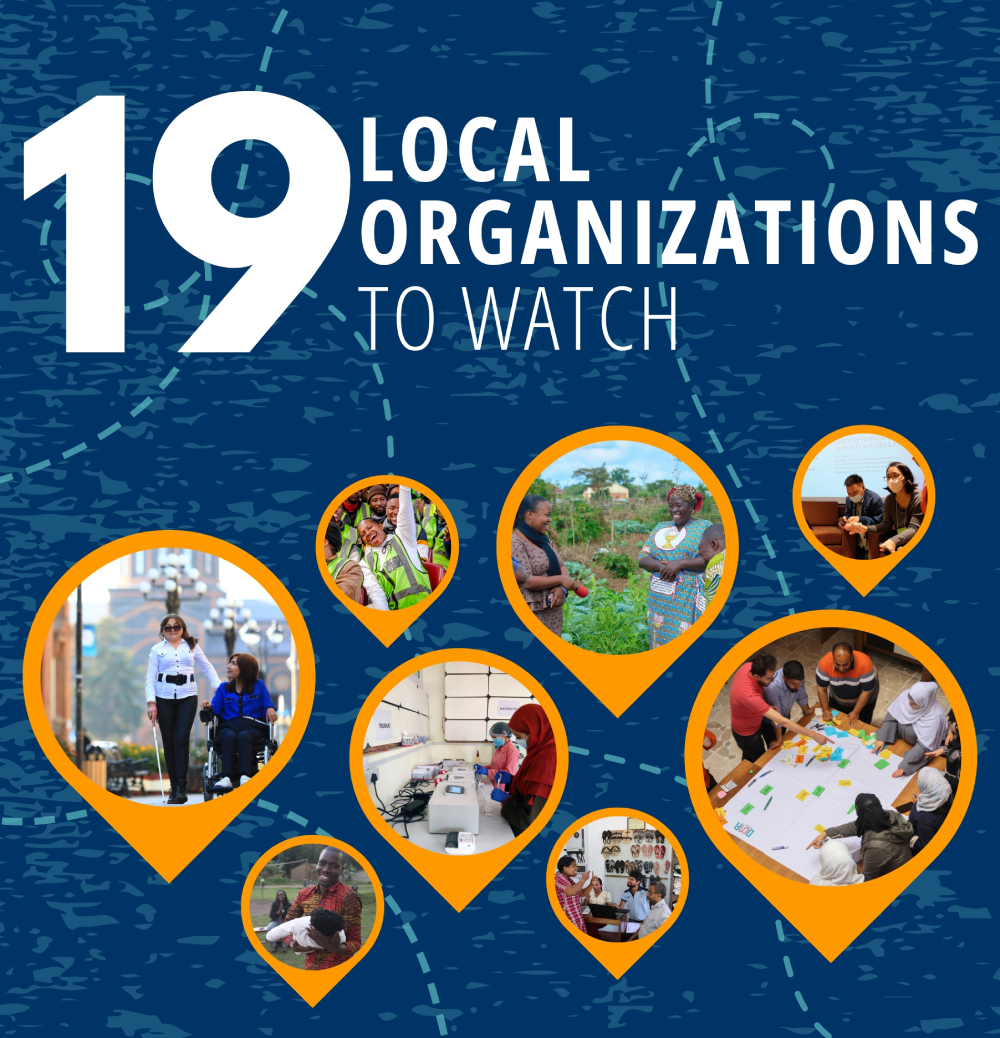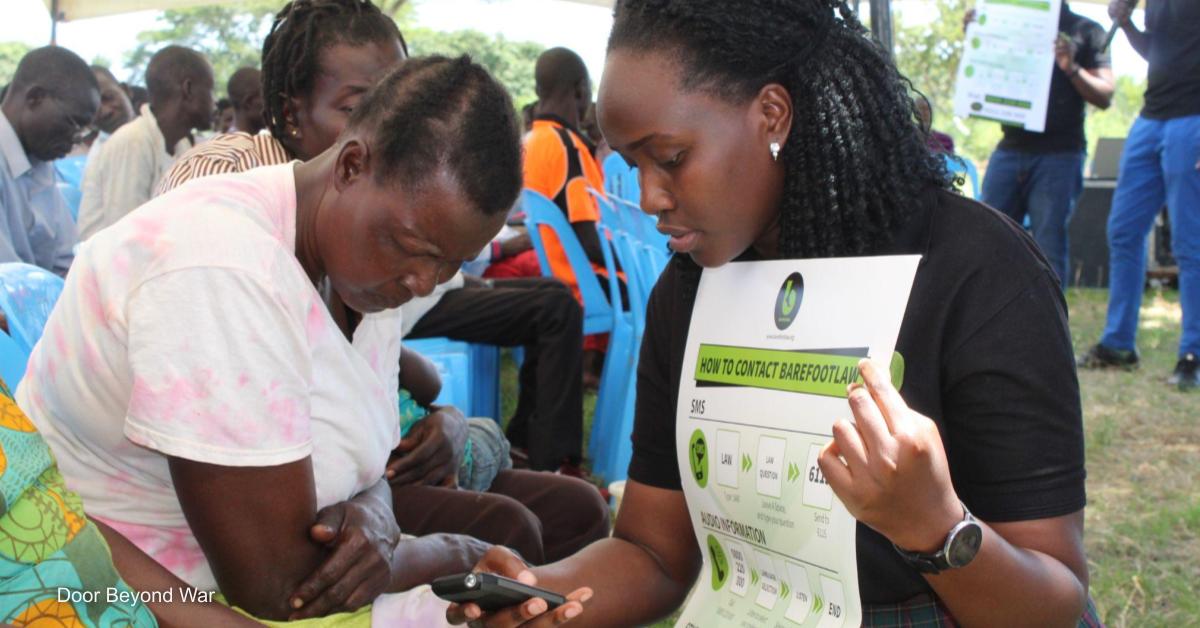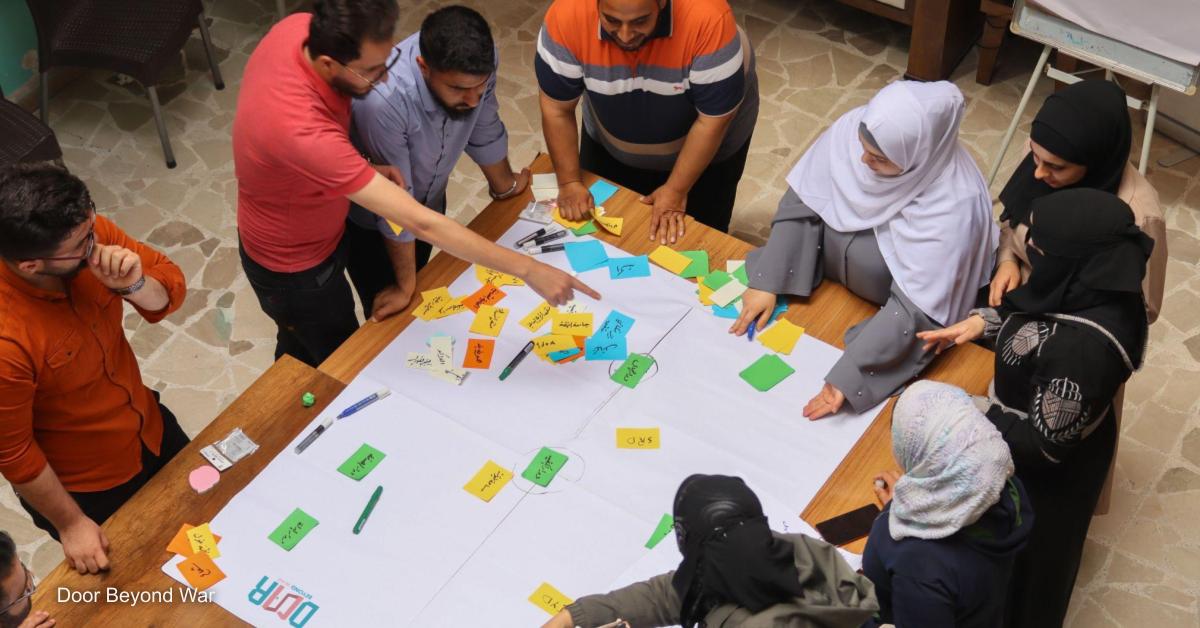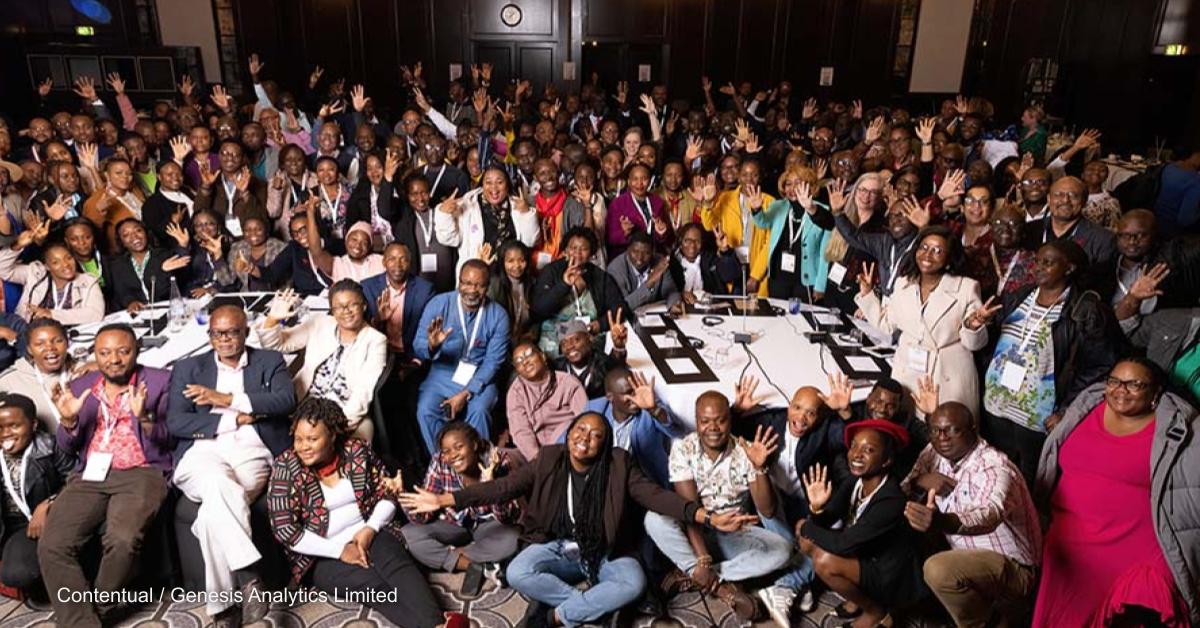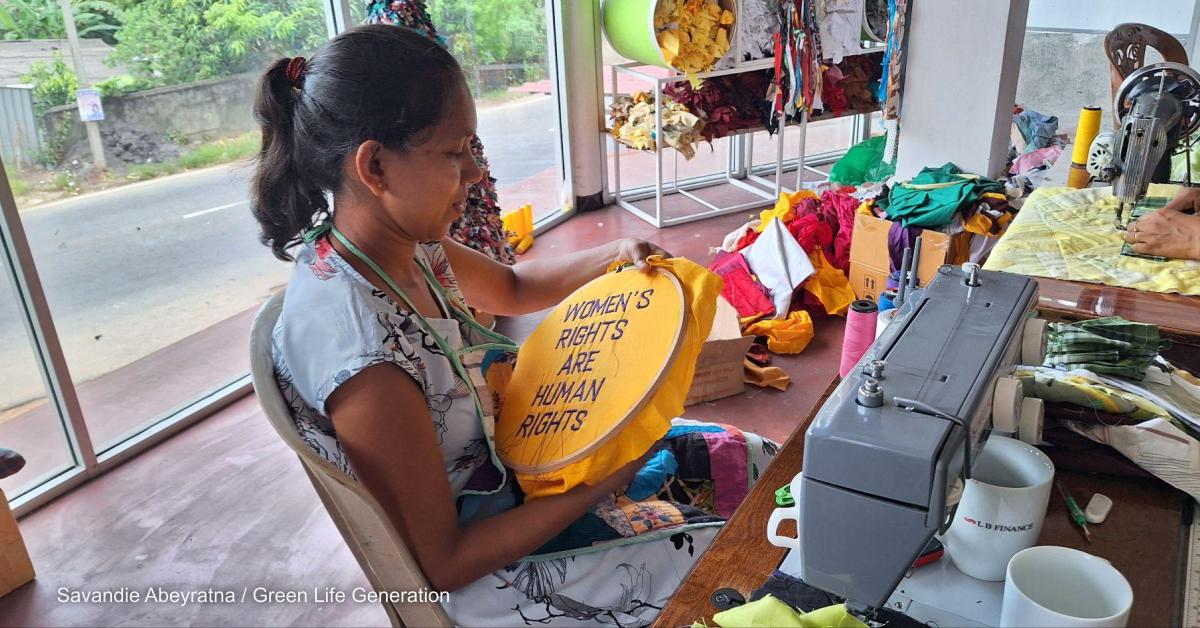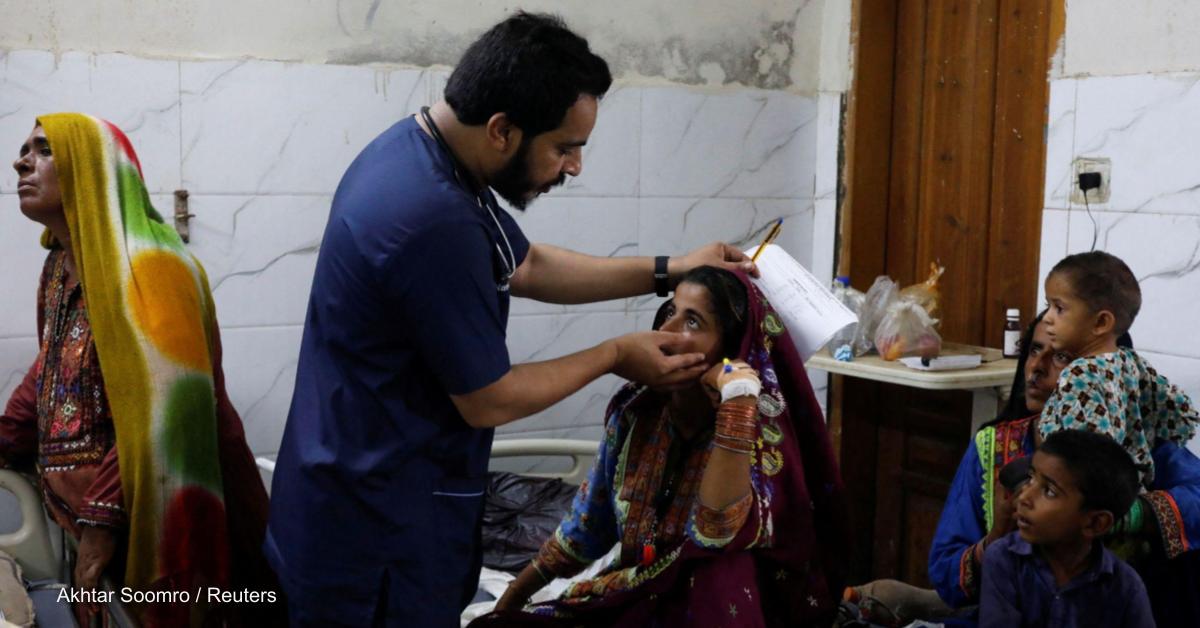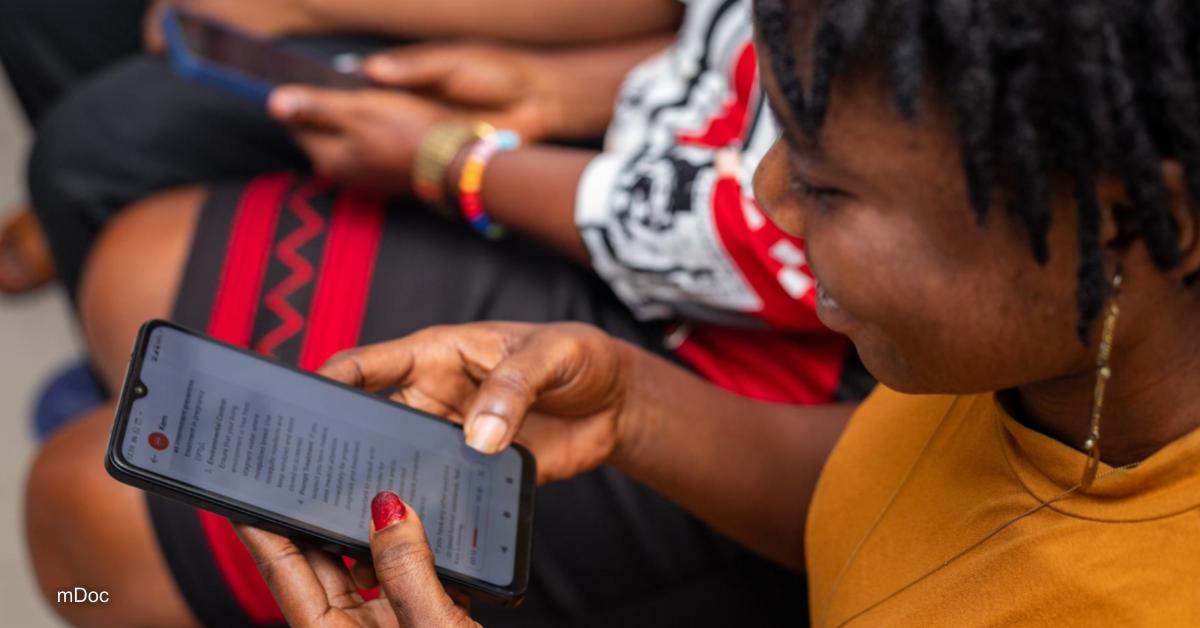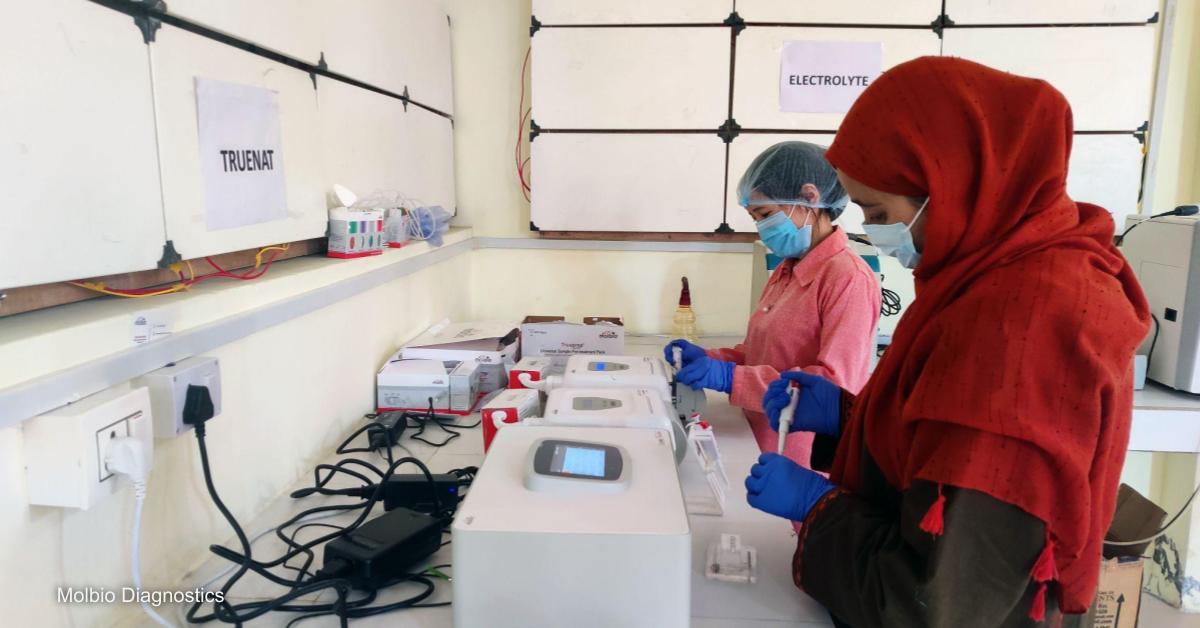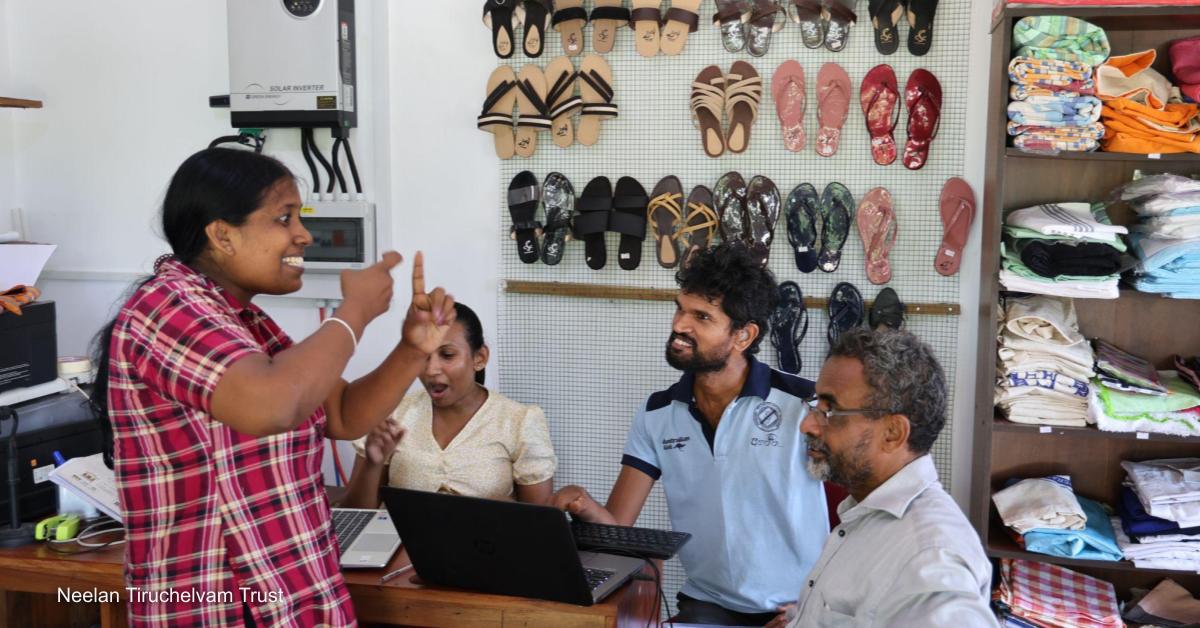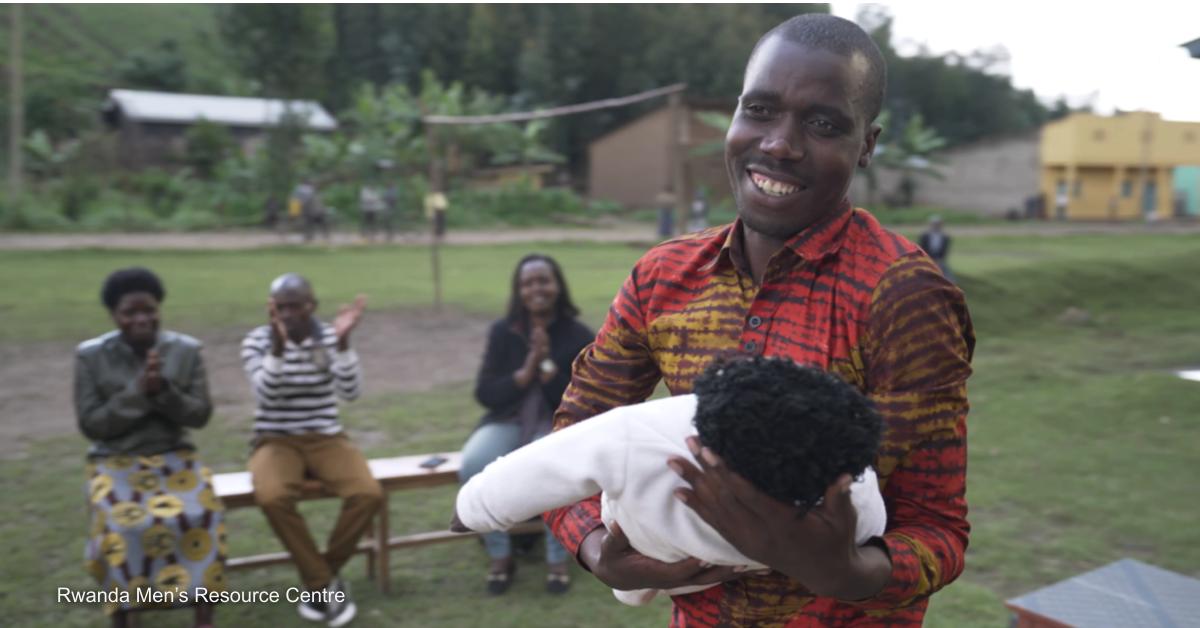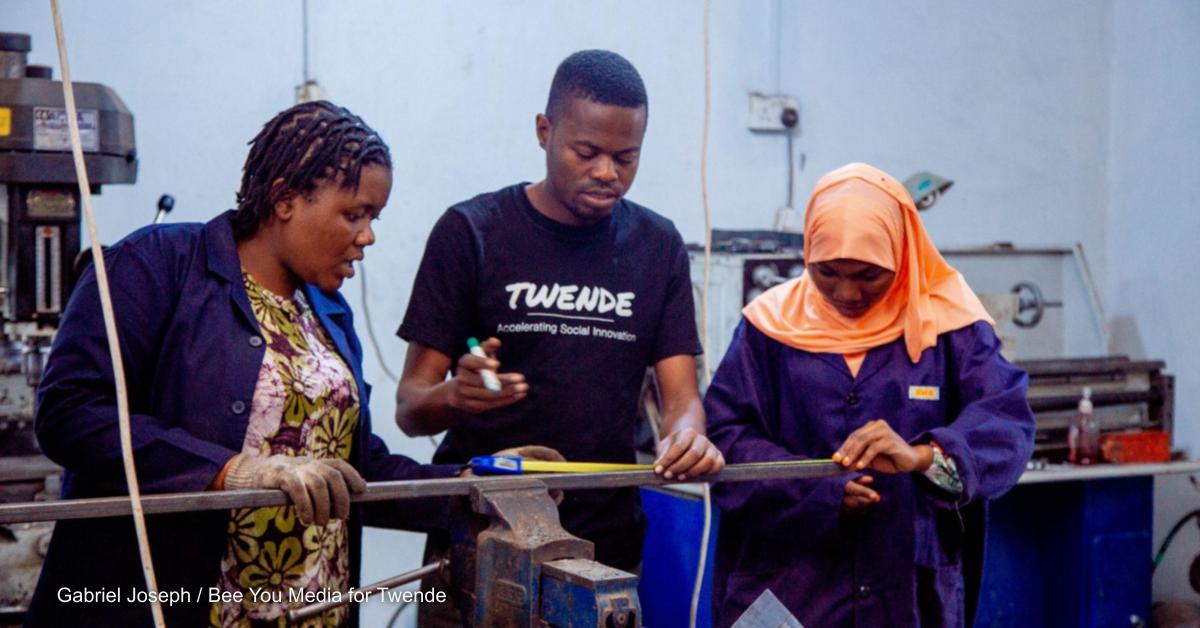About
Localization is all the rage but it's not new. Skeptics explain the slow progress by saying local organizations are simply too risky. They don’t have the capacity to safely take on significant donor funding.
That risk perception sticks around in part because local organizations are anonymous at the global level, so they’re easy to stereotype in the abstract. Everyone can name a big international NGO, but are there local ones that all global development professionals are aware of?
We’re aiming to change that by putting a name — 19 of them in fact — to the idea of localization.
Through nominations, research, and interviews, we did our homework to create a snapshot of organizations that may not be household names — yet — but that should be on your radar.
Can you name the organization in Yemen, for example, that has raised over $20 million to respond to a litany of humanitarian crises — all while leading the localization agenda in the war-affected country? Or do you know the Ugandan nonprofit converting shipping containers into portable, solar-powered legal hubs to give rural communities the power of justice?
What about the for-profit social enterprise in Sri Lanka that has built a business from turning unused fabrics into handmade products? Or the Democratic Republic of Congo’s feminist fund that has given out 400 small grants to support everything from sexual and reproductive health to ensuring women have a place at the peacebuilding table?
This list is by no means exhaustive. Too many organizations to count embody the ideals and everyday hard work of localization. But we hope the organizations we’ve curated offer a broader understanding of how locally led organizations are altering the landscape of global development — today and tomorrow.
The road isn’t easy. Local organizations face the twin challenges of delivering results and securing financial stability, all while competing with international organizations for limited attention and resources.
But that road is being paved by pioneering organizations that range from nonprofits and for-profits to consultancies, incubators, and local funders — all of which are moving beyond conventional thinking to spearhead new strategies tailored to the needs of their local communities.
The goal of putting local people in charge of their own destiny is hardly a novel concept, and while almost everyone agrees it’s the right thing to do, the lofty rhetoric has yet to reach the reality on the ground. Large contractors aren’t always keen to give up power — or money. Smaller organizations aren’t always capable of absorbing that money. And risk-averse government agencies are afraid that taxpayer money might wind up being wasted or abused.
It all adds up to a lot of inertia. But despite the obstacles, there is tangible movement across the world as grassroots organizations plow ahead with development efforts that are locally owned and led — and we’re offering a rarely seen window into these efforts.


